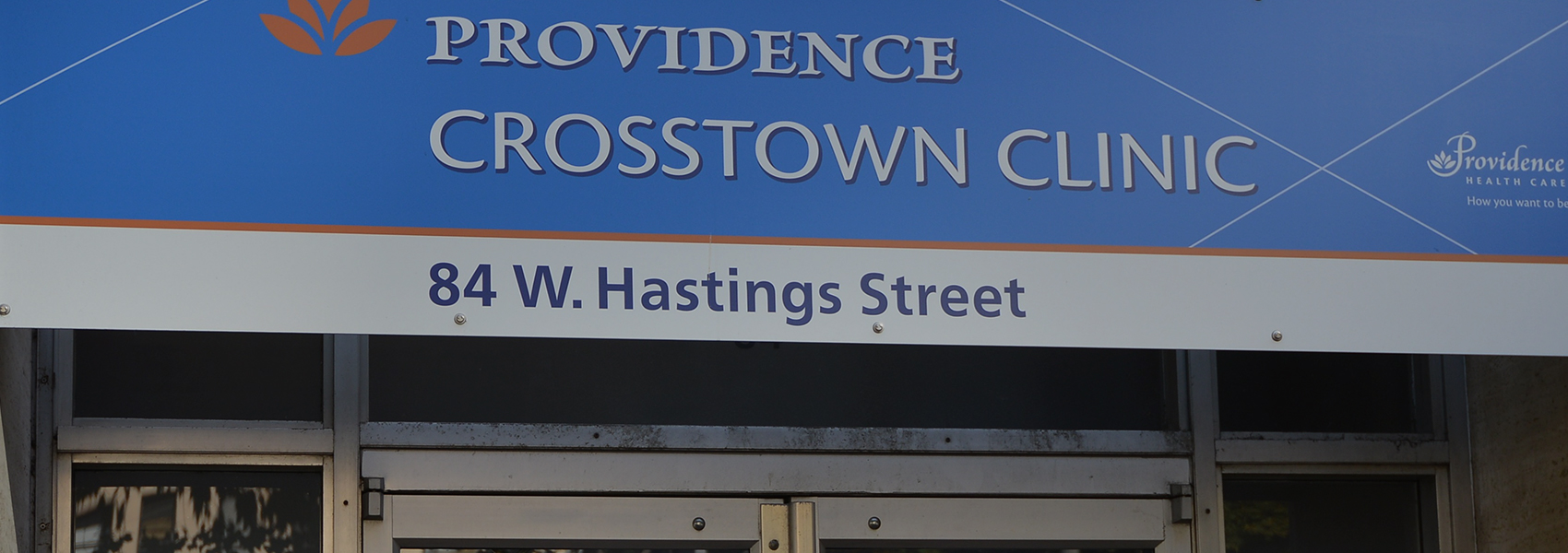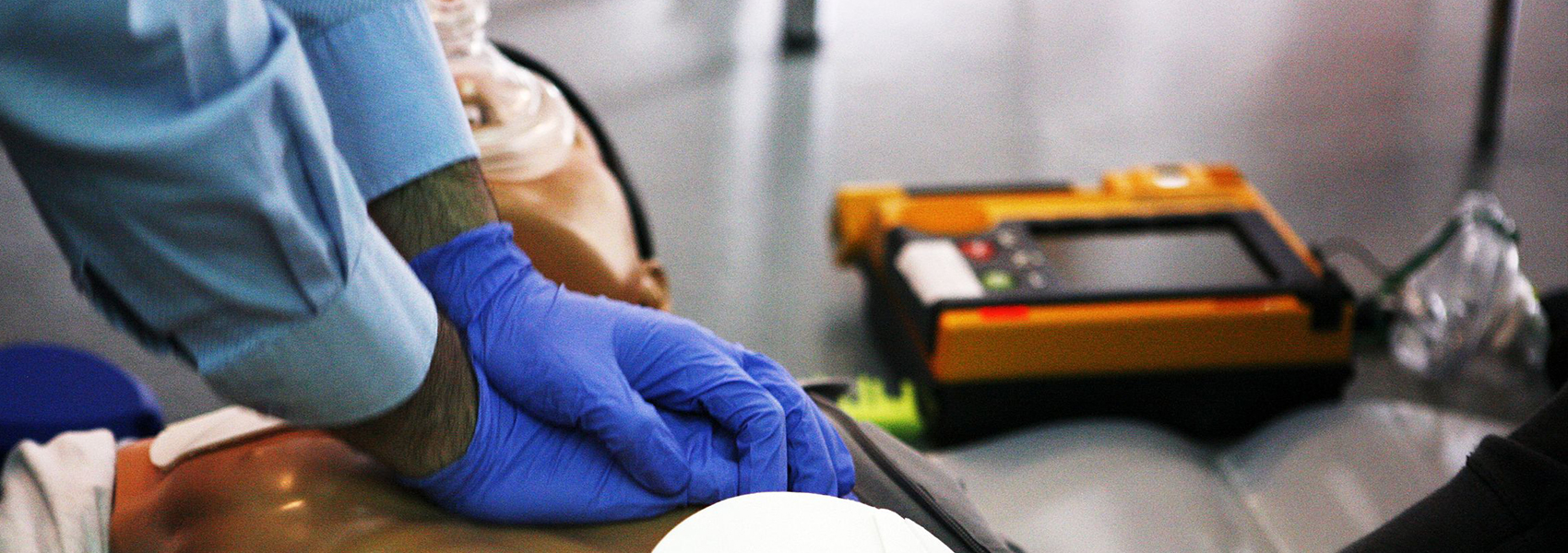As we enter into another exciting year of improving health outcomes for B.C. and beyond, we’re reflecting on some CHÉOS research from the past year. Take a look at our latest Annual Report and see how we bridge the gap between data, research and care. To browse all of our stories from 2020, see our News section. To receive updates about CHÉOS-related news, subscribe to our newsletter.
Knowledge Translation during COVID-19

Effective knowledge translation (KT) is vital in the battle against COVID-19. Drs. Sarah Munro and Amy Salmon discussed what KT is and the role it can play in the pandemic. Dr. Munro emphasized how knowledge translators must work with the community to develop tools that are accessible, useable, and appropriate for their intended audience, be they the public, policy makers, or medical professionals. She is currently leading the KT for a study on pregnancy and labour in the time of COVID-19. Meanwhile, Dr. Salmon highlighted the CHÉOS KT Program, which works in partnership with health care decision-makers, program planners and administrators, clinicians, patients, and researchers to promote and enhance evidence-based policy and practice across all areas of the health system.
—
One quarter of prescription drugs in Canada may be in short supply

In 2018 alone, Canadian patients faced shortages for hundreds of medications, including EpiPens, opioid drugs, and treatments for Parkinson’s disease, schizophrenia, and depression. Research led by Drs. Wei Zhang and Aslam Anis shed new light on the factors behind these shortages. They found that of the over nine thousand different drugs marketed in Canada, one quarter were reported in shortage during the study period. Markets with a single generic manufacturer and markets with a larger proportion of their drugs covered under provincial formularies were the most vulnerable to shortage. This research was supported by a Project Grant from the Canadian Institutes of Health Research.
—
“It takes time to get to know somebody”: Patient-Centred Care at Crosstown Clinic

Everybody wants a health care provider who they can trust, including people who receive injectable opioid agonist treatment (iOAT) for opioid use disorder. As part of her PhD project supervised by Dr. Eugenia Oviedo-Joekes, CHÉOS Trainee Dr. Kirsten Marchand led research exploring the experiences of iOAT patients at Crosstown Clinic. Via in-depth interviews, Dr. Marchand determined that they valued a strong relationship with their health care providers, a sense of mutual trust, and opportunities for shared decision-making. The results demonstrated the importance of patient-centered care and may inform the development of future substance use treatment approaches. You can learn more about the iOAT program at Crosstown Clinic via Patient Voices, where we meet Spike, a participant in the program.
—
Machine learning – a new frontier in health research

For researchers, clinicians, and health care practitioners, COVID-19 has provided new lessons in public health. Researchers have pooled their knowledge to address the crisis, but the novelty of the virus has meant that predicting the future often feels like a shot in the dark. Furthermore, with wide-scale behavioural changes required to slow the spread of COVID-19, it’s helpful for the public to see the story for themselves. Statistical modeling and machine learning could help us write a better ending using real-world evidence and data-driven decisions. In response, CHÉOS Scientist Dr. Ehsan Karim has leveraged his expertise to develop tools for visualizing country-specific COVID-19 data. Assessing and visualizing these data may be the best way to understand the spread of the virus in the short term, while reducing the spread and morbidity of other novel diseases into the future.
—
Research shows that most people cannot recognize a cardiac arrest or opioid overdose

How many bystanders would recognize someone whose heart has stopped? What about an overdose? Most people are willing to help in the event of such emergencies, but what if they don’t realize what’s happening? These are questions that a team led by CHÉOS Scientist Dr. David Barbic aimed to answer. Following interviews with participants, it was revealed that although nearly half of the participants had past or current training in CPR, only around one in 10 correctly identified a cardiac arrest and approximately one quarter correctly said they would perform chest compressions. A larger proportion were able to identify an opioid overdose and knew to administer naloxone. However, while the majority of people were aware of naloxone kits, only 16% were willing to administer the life-saving drug. The results show that many people are willing to intervene but they don’t have the necessary training to know when their help is needed.



